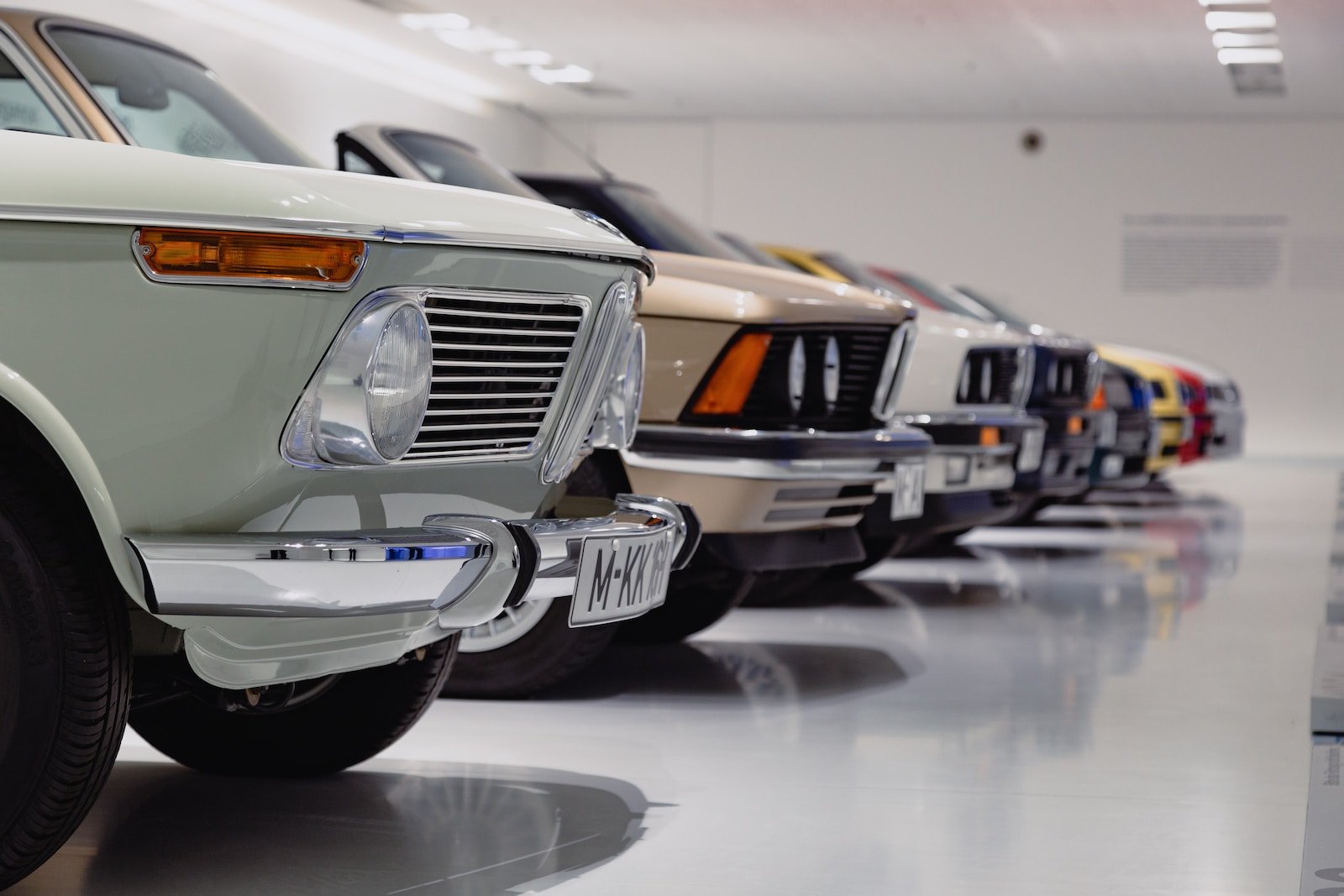Comparing Electric and Classic Cars: Advantages, Disadvantages, and Considerations
Electric cars have gained significant popularity in recent years as a more environmentally friendly alternative to traditional gasoline-powered vehicles, also known as classic cars. While both types of cars have their advantages and disadvantages, it is important for consumers to consider various factors before making a decision. In this article, we will explore the key differences between electric and classic cars, including environmental considerations, cost comparison, performance, charging infrastructure, range anxiety, maintenance and repairs, resale value, safety features, driving experience, and the availability of models.

Environmental Considerations
One of the primary advantages of electric cars over classic cars is their positive impact on the environment. Electric cars produce zero tailpipe emissions, which helps reduce air pollution and combat climate change. On the other hand, classic cars rely on internal combustion engines that emit harmful gases such as carbon dioxide, nitrogen oxides, and particulate matter. Transitioning to electric cars contributes to reducing greenhouse gas emissions and improving air quality, making them a more sustainable choice.

Cost Comparison: Electric vs. Classic Cars
When it comes to upfront costs, classic cars are generally more affordable than electric cars. Electric cars tend to have a higher purchase price due to the cost of battery technology and other electric components. However, electric cars offer lower operating costs in the long run. Electricity is generally cheaper than gasoline, and electric cars require less maintenance as they have fewer moving parts and do not require oil changes. Additionally, governments often provide incentives such as tax credits and rebates for purchasing electric cars, further reducing their cost.
Performance and Power
Electric cars are known for their instant torque and smooth acceleration, providing a thrilling driving experience. Classic cars, on the other hand, often offer a more visceral and nostalgic driving experience with their powerful engines and distinctive exhaust notes. The performance of electric cars has significantly improved in recent years, but classic cars still hold a special appeal for enthusiasts who appreciate the sound and feel of a traditional combustion engine.
Charging Infrastructure for Electric Cars
One of the major considerations for electric car owners is the availability of charging infrastructure. While electric charging stations are becoming more prevalent, they are still not as widespread as gasoline stations. This can be a concern for those who rely heavily on long-distance travel or live in areas with limited charging options. However, the expansion of charging networks and the convenience of home charging solutions are slowly mitigating this issue, making electric cars more practical for daily use.

Range Anxiety and Long-Distance Travel
Range anxiety, the fear of running out of battery power before reaching a charging station, is often cited as a drawback of electric cars. Classic cars, on the other hand, have a longer range and can be refueled quickly at any gas station. However, electric car technology has improved significantly, and many models now offer ranges comparable to those of classic cars. Moreover, the growing network of fast-charging stations allows electric car owners to recharge their vehicles in a relatively short amount of time, making long-distance travel more feasible.
Maintenance and Repairs: Electric vs. Classic Cars
Electric cars have fewer mechanical components compared to classic cars, resulting in lower maintenance costs. Electric vehicles do not require oil changes, spark plug replacements, or timing belt adjustments. However, electric cars do require battery maintenance and eventual replacement, which can be expensive. Classic cars, while often requiring more frequent maintenance, benefit from a well-established infrastructure of repair shops and readily available spare parts, making maintenance and repairs relatively straightforward and potentially more accessible.
Resale Value and Depreciation
Resale value is an important consideration for car owners. Electric cars generally have a higher depreciation rate compared to classic cars due to rapidly advancing technology and the potential for battery degradation over time. However, as the demand for electric cars continues to rise, the resale value of newer models is expected to improve. Classic cars, on the other hand, often hold their value well and can sometimes appreciate over time, depending on their rarity and condition.
Safety Features and Crash Test Ratings
Both electric and classic cars offer a range of safety features, but newer electric car models often come equipped with advanced driver-assistance systems and autonomous driving capabilities. Additionally, electric cars benefit from having a lower center of gravity due to the battery placement, improving their stability and reducing the risk of rollovers. Classic cars, while lacking some modern safety features, can still provide adequate protection depending on their design and the retrofitting of safety enhancements.
Driving Experience: Electric vs. Classic Cars
The driving experience with electric cars differs from that of classic cars. Electric cars offer a quiet and smooth ride due to their lack of an engine noise. Classic cars, on the other hand, provide a more engaging and immersive experience with the rumble and roar of a powerful engine. The choice between the two ultimately depends on personal preferences and the desired driving sensations.

Availability and Variety of Models
Electric car models have expanded significantly in recent years, providing consumers with more options to choose from. However, the availability and variety of electric cars may still be limited compared to classic cars. Classic cars, especially vintage or rare models, can offer a unique and distinctive ownership experience that electric cars may not be able to replicate.
In conclusion, the decision between electric and classic cars involves weighing several factors. Electric cars excel in terms of environmental friendliness, lower operating costs, and technological advancements. Classic cars offer a nostalgic driving experience, often hold their value well, and have a well-established maintenance infrastructure. Ultimately, the choice depends on individual needs, preferences, and the specific considerations outlined in this article. As technology continues to advance and the market evolves, the line between electric and classic cars may continue to blur, offering even more compelling options in the future.

